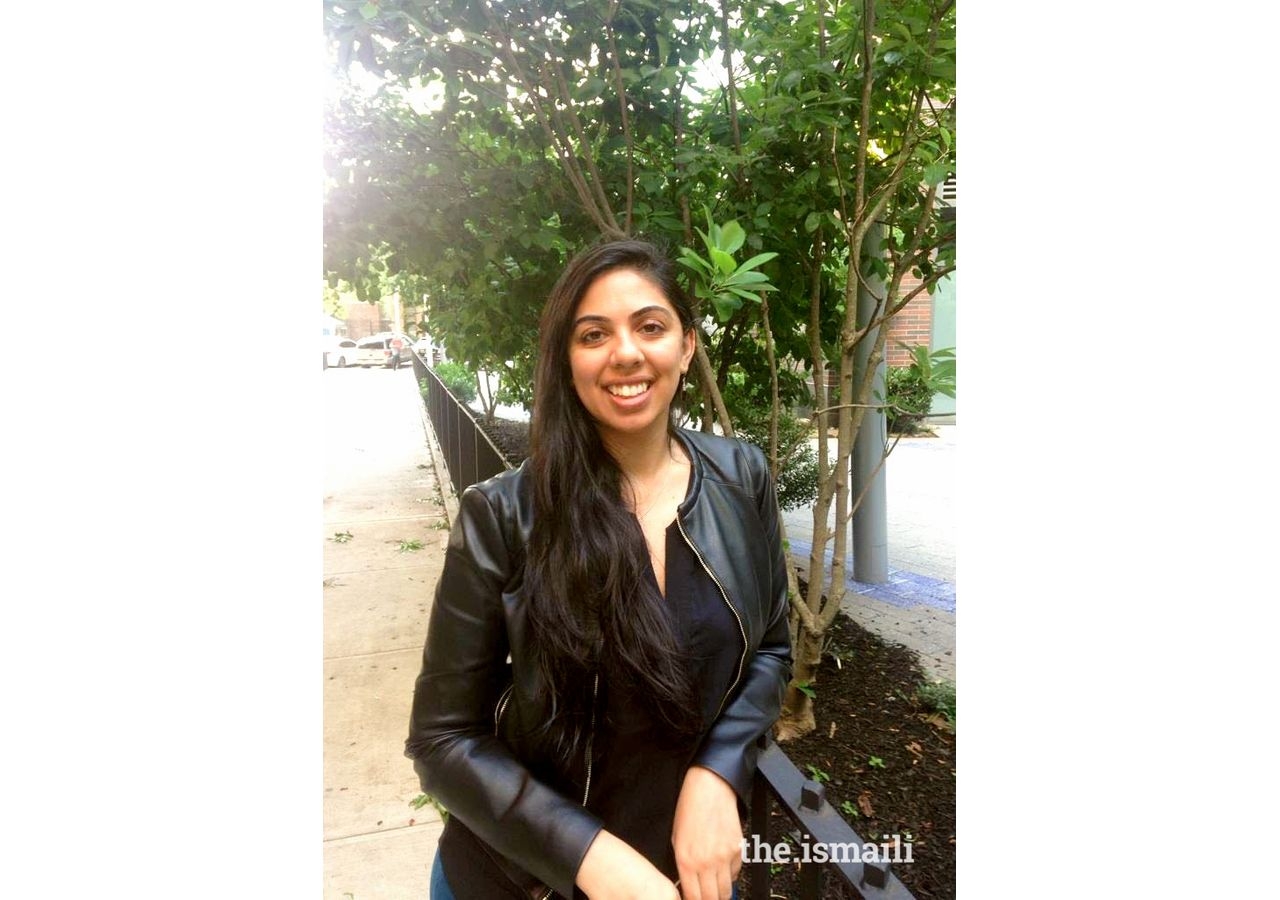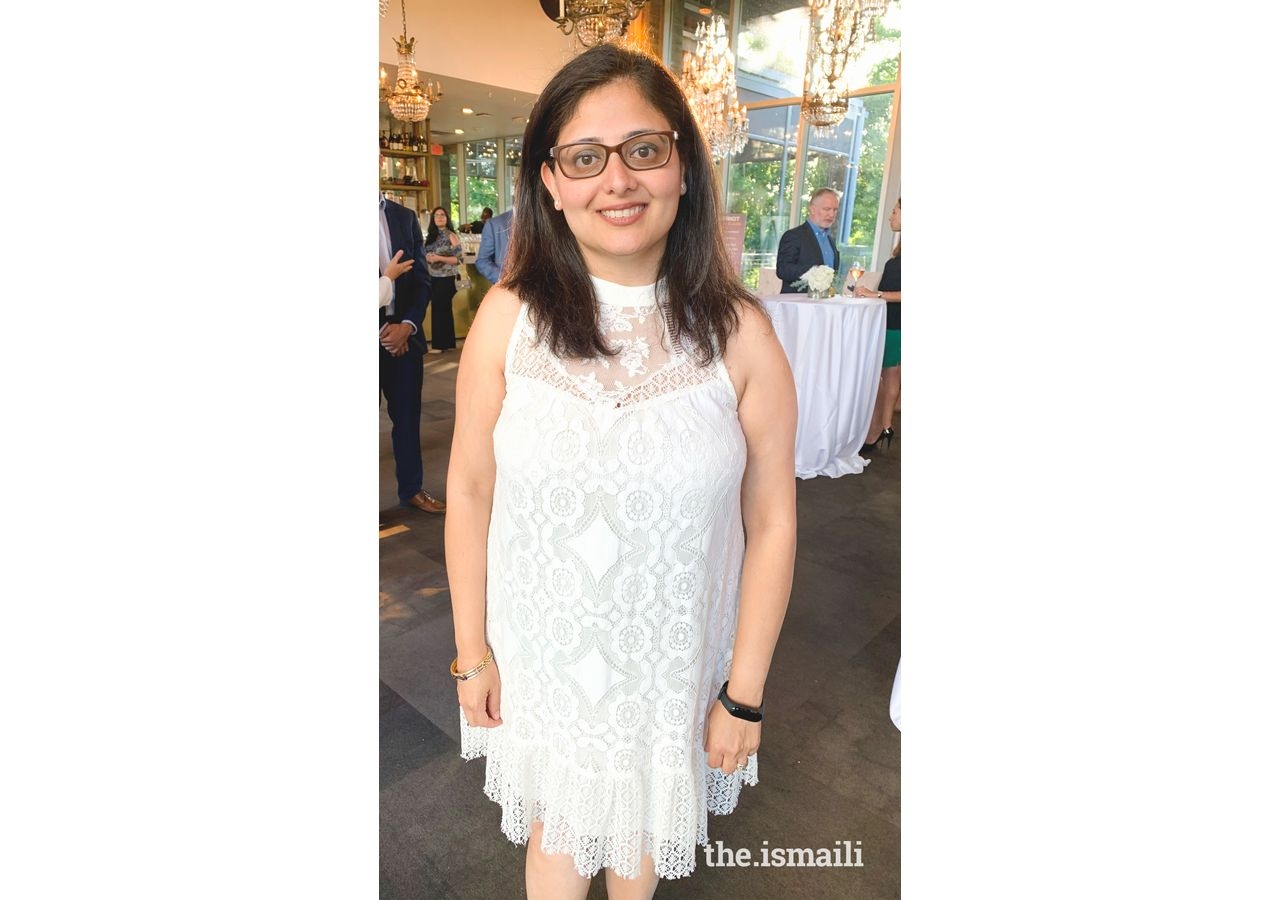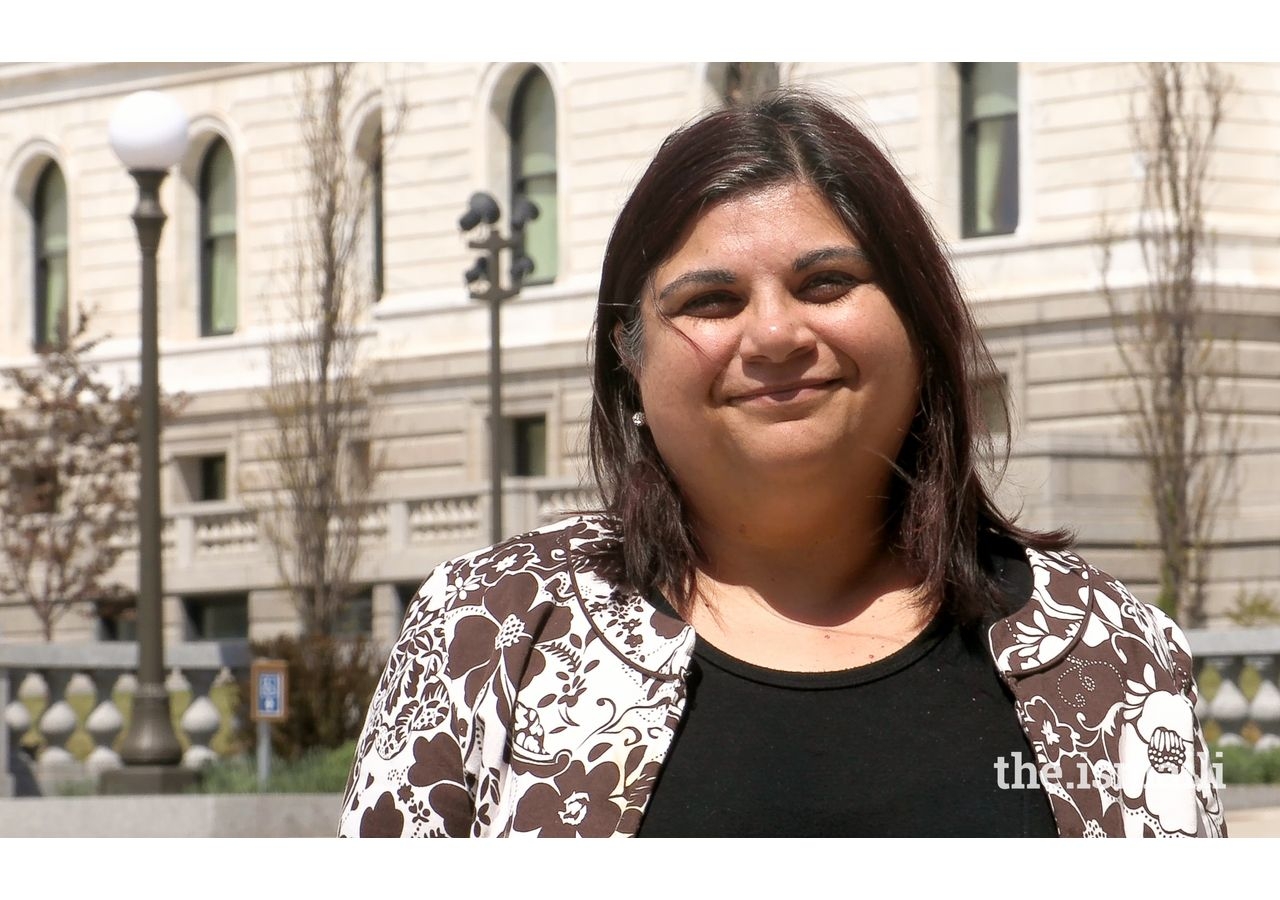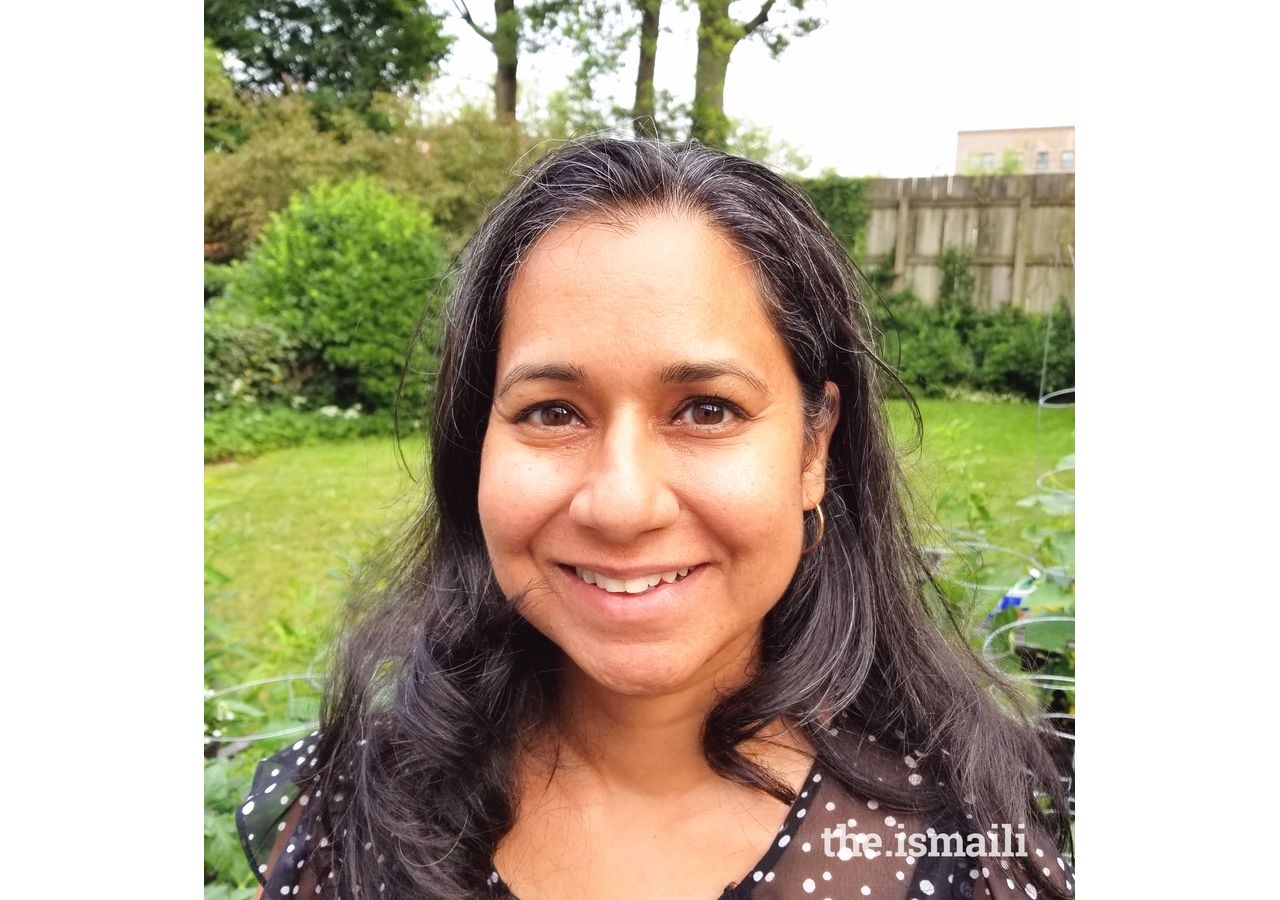Having Women’s Voices Heard
Having faith in the rule of law, accessing unbiased media, leveraging services to improve quality of life or standing up for human rights, are everyday fights for many women in countries around the world. “We take these issues for granted in the US because we are living in an environment where you can vote, call your public official, and address a problem. In other countries, people are fighting for these rights, and we have an opportunity to support them,” said Rozina Damanwala Mussani, Senior Program Officer, US Department of State.
Programs developed in collaboration with donors, civil society and local governments can be sustainable and effective, impacting communities over the long term. For the past 13 years, Rozina has worked at the US State Department, focusing on numerous countries around the world and managing a portfolio of $10-20 million in projects, ranging from human rights to independent media, women’s empowerment, social justice, the rule of law, and others.
One program Rozina helped establish was legal aid clinics for women in rural Pakistan, where case managers were trained and supported community members throughout the legal process. For many women, this was the first time they could access the justice system. “The program not only impacted beneficiaries, but the entire community. Some of the centers became independently sustainable, and continued to operate even when funding ran out,” says Rozina, who is also currently serving as the National Chair of the Aga Khan Education Board.
Acknowledging Women’s Roles
Tasleem Hemani-Tuan took a research-focused approach to women’s empowerment that eventually established best practices for the Aga Khan Development Network. Currently serving as a research consultant in the Office of Emergency Programmes at the United Nations International Children’s Emergency Fund (UNICEF) in New York.
Tasleem’s career started as a research consultant at the Aga Khan Rural Support Program in Northern Pakistan, where she studied gender roles and farming systems in northern Pakistan. “Until then, women’s roles in natural resource management were not fully acknowledged as productive and integral, nor documented as such,” she says. The learning eventually took her to the Aga Khan Foundation in Pakistan, where she developed the organization’s first strategy to integrate gender equity into all of its programs, essentially ensuring that programs lead to equal outcomes for men and women – not just equal access.
Over the last 15 years, Tasleem has worked with various United Nations entities, including the UN Department of Peacekeeping Operations in Afghanistan, to UN Women, and since 2005, UNICEF, focusing on humanitarian action. Her work has ranged across many fields and sectors – direct community engagement, gender equity and resource mobilization, among others.
Facilitating Equity and Inclusion
Salima Khakoo merged her faith-based values of supporting diversity and pluralism in her field of human empowerment. She was motivated by her experiences to make an impact on the world around her.
After obtaining her law degree, Salima utilized her skills in the realm of immigration law, advocating for people that escaped persecution from other countries, including women and children who faced gender-based violence.
Recently, Salima became the Equity and Inclusion Supervisor at State of Minnesota’s Department of Human Rights, which seeks to prohibit discrimination and encourage inclusion of all people in workplaces. Salima says, “One of the core tenets of my position is enforcing statewide civil rights. We seek to enable businesses to value pluralism and diversity as a strength rather than a weakness. In my experienc, the combination of diverse voices in the workforce makes a more profitable and strong business environment.”
Giving Women a Seat at the Table
For Nadia Hasham, sustainable empowerment means that women’s voices are included in policy and decision-making. As a senior analyst at the United Nations Office for the Coordination of Humanitarian Affairs, she helps navigate humanitarian response, policy development and humanitarian advocacy, particularly monitoring funding and information exchange.
“I was fascinated by political economy issues and wanted to be a part of governance conversations related to these fields,” said Nadia. After several years of working in the field, she leveraged tangible economic research and applied it to policy-decision making with governmental agencies.
Nadia contends: “By collecting disaggregated data and using rights-based analytical approaches, we can more accurately raise the needs of women and marginalized groups to becoming decision makers. This data enables us to see how various types of individuals (such as women, youth, and the elderly) or marginalized groups, are affected differently by a crisis or by a program, leading to more accurate evidence and therefore more confident and precise decisions.”
Her work has shown Nadia that despite entering into unique fields such as technology, analysis, and development, “Women – especially women of color — continue to remain absent from the actual decision making and policy process that stem from the results of analysis and recommendation, and in the management level roles of this particular niche sector.” She adds: “We need to be more assertive in decision-making circles, as our ability to contribute to hard analysis is undervalued. Women being in a position to make decisions is both positive for women in the workplace in these sectors, and is also necessary for making decisions about women. We must have women making decisions about women.”
Nadia Hasham's comments are her own and do not necessarily reflect those of the United Nations.











